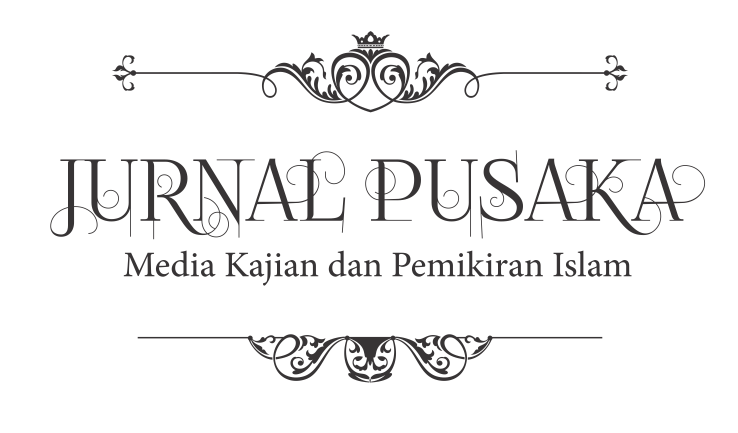MODERNISASI PENDIDIKAN PESANTREN DALAM PERSPEKTIF ABDURRAHMAN WAHID
DOI:
https://doi.org/10.35897/ps.v3i1.31Abstract
Pesantren is an Islamic institution which has the advantage of both aspects of the scientific tradition as well as the transmission side and the intensity of the
Muslims. The rise of globalization has threatened the existence of pesantren, so the idea of modernization in boarding schools emerges as a response to the
challenges of social transformation.
Pesantren education has redirected the orientation of development of institutional education by conducting skills and entering public schools in pesantren environment. According to Gus Dur, pesantren should appreciate all the developments taking place in the present and future in order to keep pesantren tradition by taking something new that is considered to be better and not leaving the old tradition. Entering natural and social sciences in pesantren has caused problems in both pesantren and the community ,that is exactly how it describes sciences epysthemology; whether they are empirical or secular.
According to Gus Dur, the idea to orient the contemporary pesantren may need to be reviewed because the idea will negatively affect the existence of the basic tasks of pesantren. Pesantren always has to open itself to contemporary issues as well as providing enlightenment to the audience in the form of the best solutions in solving the problems of life in addition to the strengthening of the scientific tradition in pesantren. According to Gus Dur, pesantren has relevance to the employment needs, for the field of work, both in services and in the field of trade and craft. pesantren must provide input for the education community, about what skills are actually needed by employment in the era of globalization.
Keywords: Modernization, Education of Pesantren




